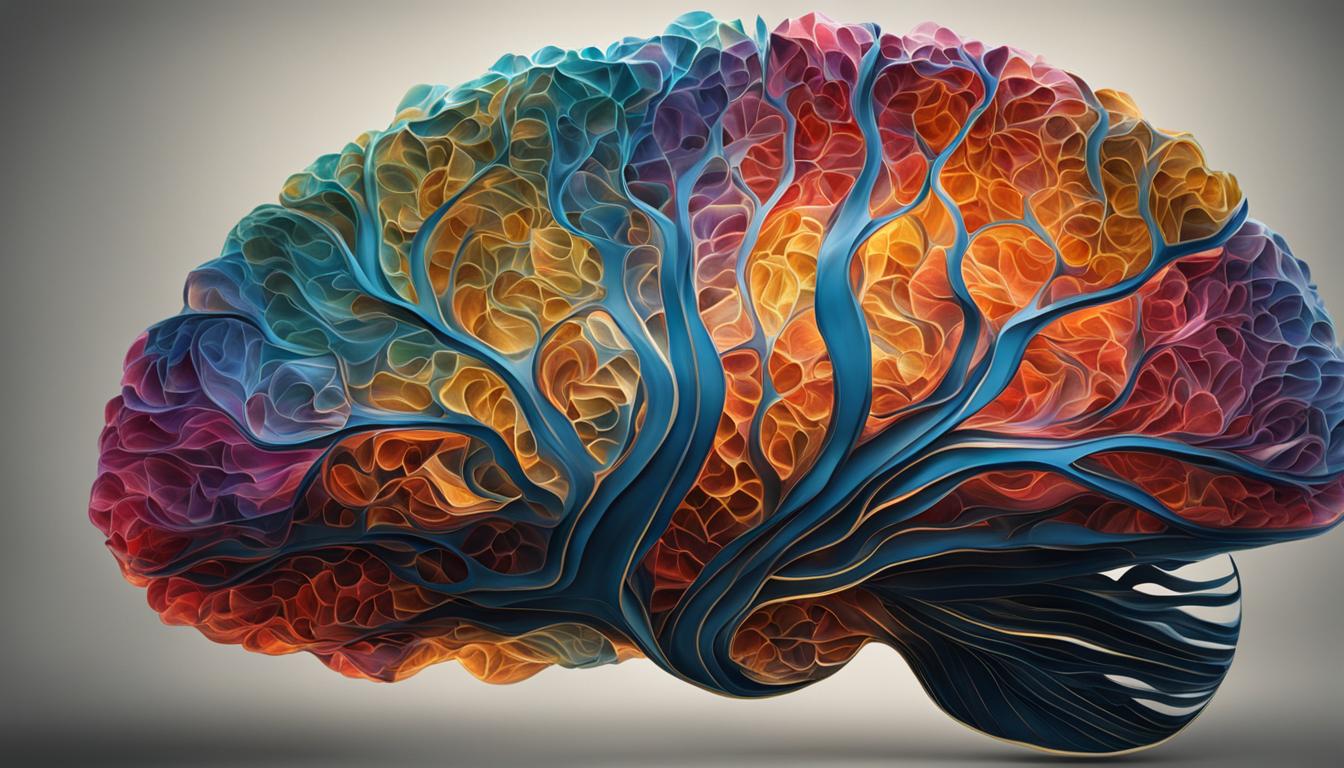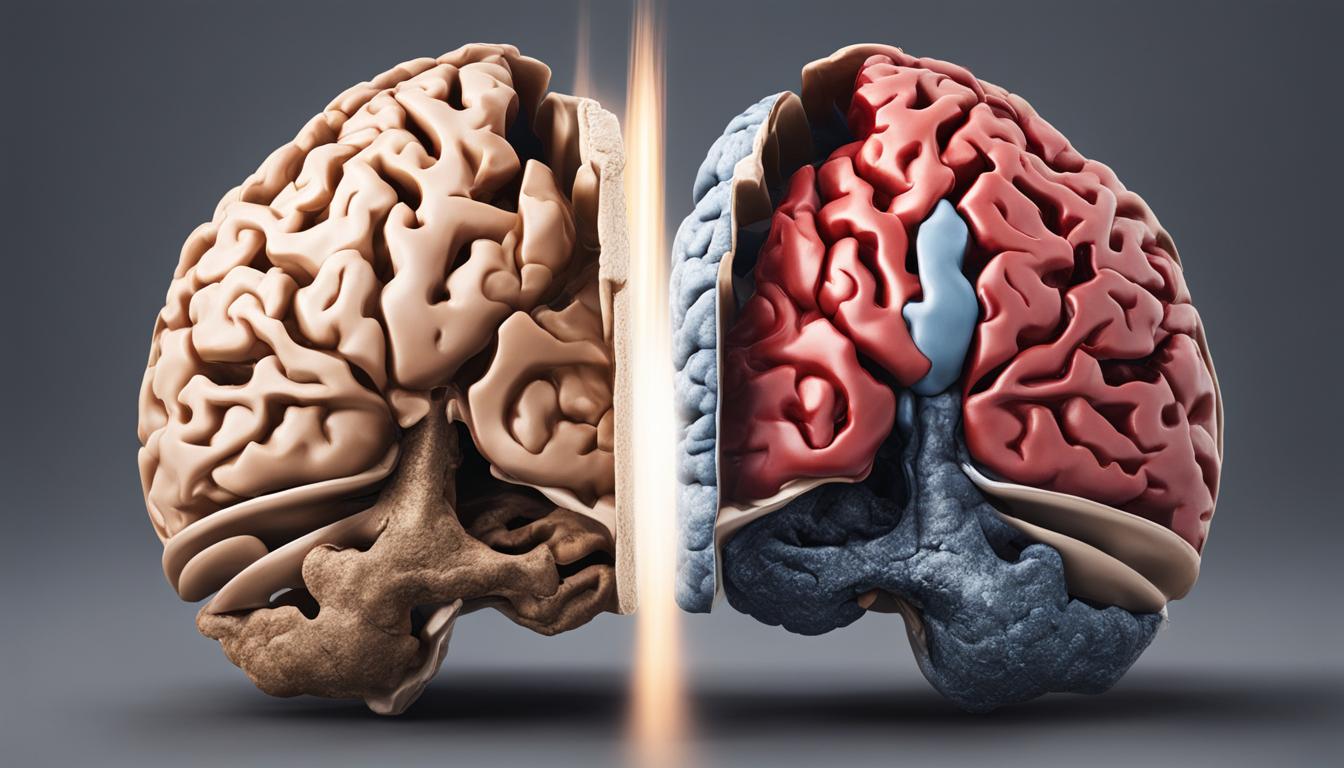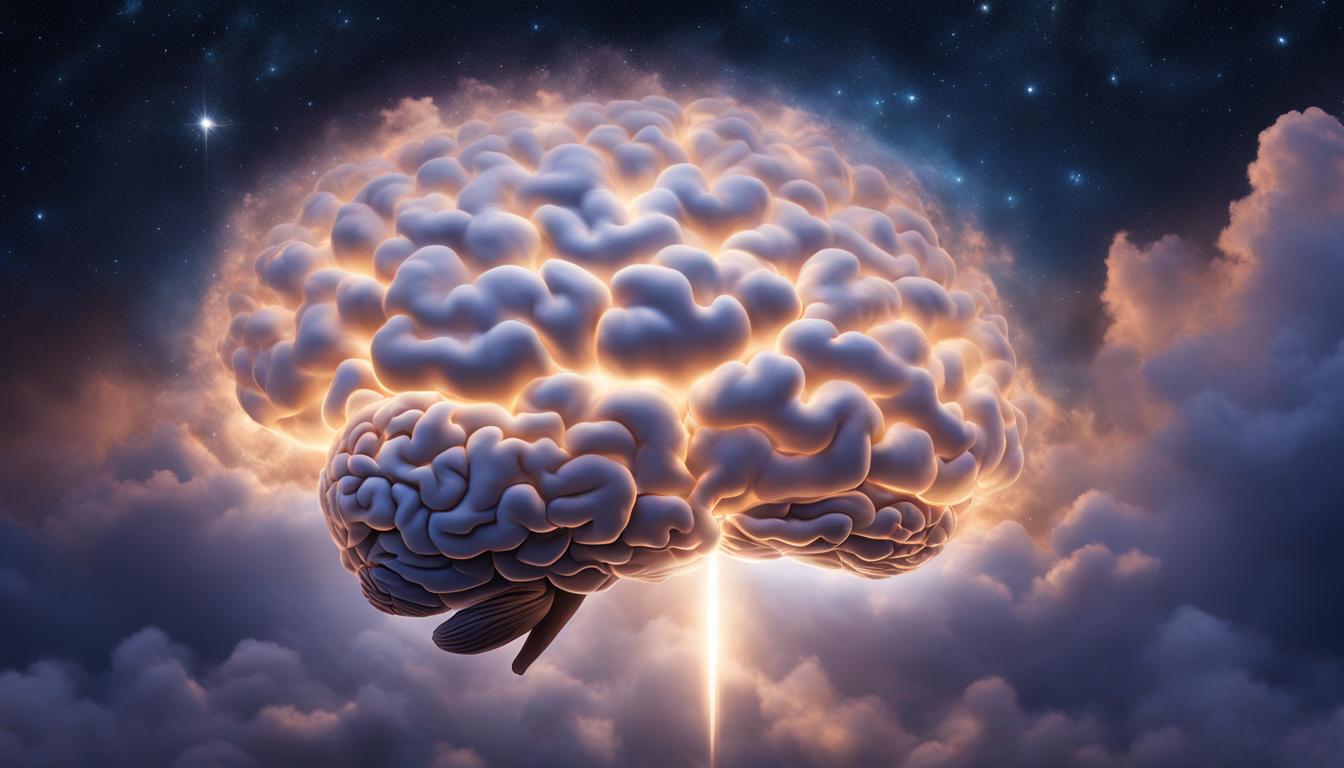
Memory and Cognitive Function During Sleep
Sleep isn’t just downtime—it’s the secret stage where Memory and Cognitive Function During Sleep are turbocharged, helping you learn faster, think clearer, and emotionally rebound stronger.

Key Takeaways
- Sleep reinforces attention, memory consolidation, decision-making ability, and emotional resilience.
- Consistent sleep routines and strategic timing maximize cognitive retention and creativity.
- Emerging techniques like TMR, sound-pulse stimulation, and gentle neuromodulation are promising memory boosters.
- Individual genetics, age, and lifestyle influence how your brain responds to sleep.
- Tech innovations—from wearable neuroheadbands to sleeplearning apps—are shaping the future of sleepbased brain health.
1. Why Sleep Matters for Cognitive Power

Understanding Memory and Cognitive Function During Sleep starts with the science: our brain cycles through nonREM and REM stages each night. During nonREM deep sleep, the hippocampus efficiently transfers newly learned facts into longterm storage, clearing out neural clutter. REM sleep then stitches these memories together, infusing emotional intelligence and creativity. Numerous studies have found that wellrested individuals deliver sharper attention, faster reaction times, and more confident decision-making compared to their sleep-deprived counterparts. Sleep Foundation reports that “sleep isn’t downtime for the brain—it’s a dynamic state that reinforces learning and resilience.”
2. Personal Differences in Sleep-Based Cognition
The way sleep affects our brains varies by genetics, age, health, and habits. Some individuals bounce back quickly after a poor night, while others slip into brain fog. As we age, deep sleep often diminishes, making older adults more vulnerable to memory lapses from disrupted sleep. Tracking your own patterns—such as through a sleep diary—can help you tailor strategies for improving Memory and Cognitive Function During Sleep. For personalized strategies, see our post on how to enhance memory and cognitive function.
3. Timing Isn’t Optional—It’s Essential

Your circadian rhythm governs when your brain is primed to consolidate memory. Going to bed and waking at consistent times strengthens this internal clock—read more on how circadian rhythm affects your brain. Researchers call the “sleepfirst” effect the powerful window when studying just before bed boosts memory retention by giving the brain immediate practice opportunity. Even short naps—especially early in the day—leverage REM sleep density to reset creativity and problem-solving skills.
4. Cutting-Edge Sleep-Based Learning Enhancers
Scientists are exploring ways to supercharge Memory and Cognitive Function During Sleep:
- Targeted Memory Reactivation (TMR): Researchers play sounds linked to learning sessions during sleep to reinforce recall—studies report improved word-pair memory by up to 20%.
- Sound-oscillation Stimulation: Listening to gentle pulses timed with your brain’s slow waves during nonREM stages enhances memory consolidation.
- Neurochemical Modulation: Emerging devices target neurotransmitter action—like acetylcholine and norepinephrine—to optimize memory processes.
While still experimental, pairing these techniques with clean sleep hygiene yields stronger cognitive gains. Get tips on creating better rest environments in our article on the impact of sleep on health, and explore how mattress firmness influences sleep quality.
5. How Resting-State Activity Prepares the Brain
Even in restful wakefulness—such as daydreaming or moments before sleep—your brain activates key networks:
| Brain Network | Primary Cognitive Function |
|---|---|
| Default Mode Network (DMN) | Selfreflection, memory recall |
| TaskPositive Network (TPN) | Focused thinking, problem-solving |
| Salience Network (SN) | Switching between rest and task modes |
This resting-state activity lays the groundwork for memory encoding once asleep. Cognitive therapies using biofeedback are being designed to harmonize these rhythms with sleep stages. Learn more at NCBI: Sleep and Cognitive Function.
6. Sleep, Emotion, and Social Intelligence

Memory and Cognitive Function During Sleep isn’t just about facts—it’s deeply emotional. REM sleep helps process feelings from the day, improving emotional clarity, empathy, and social awareness. Without proper sleep, you’re more irritable, less able to read social cues, and more emotionally volatile. Strong sleep supports not just smarter minds, but kinder hearts—and stronger relationships.
7. The Future Frontier: Sleep-Augmented Learning
We’re entering an era of high-tech sleep interventions:
- Smart headbands: Wearables that monitor brain waves and deliver sleep-stage stimulation.
- Sleep-learning apps: Tools that provide TMR support during sleep cycles.
- AI-driven customization: Personal sleep ecosystems analyzing age, genes, and habits to optimize individual cognitive outcomes.
The NIH’s Sleep It Off article supports the rising use of technology for cognitive enhancement through sleep.
Investing in Memory and Cognitive Function During Sleep isn’t optional—it’s a game-changer for lifetime learning, emotional resilience, and sharper thinking.
FAQ
- How does sleep support memory consolidation?
- During deep nonREM sleep, the brain transfers shortterm info into longterm storage and prunes distractions.
- What bedtime is best for cognitive benefits?
- Going to bed and waking up at the same time every day—ideally aligned with your natural circadian rhythm—helps your brain consolidate memory most effectively.
- Can memory really improve during sleep?
- Yes—emerging studies show techniques like TMR (playing learningassociated sounds during slowwave sleep) improve recall significantly.
- Why feel foggy after lack of sleep?
- Sleep deprivation slows neural processing, disrupts brain network communication, and impairs attention and reaction time.
- What tools can enhance sleep-linked learning?
- Wearable neuroheadbands, smart apps, and gentle brainwave stimulation devices have shown promise in early trials.
